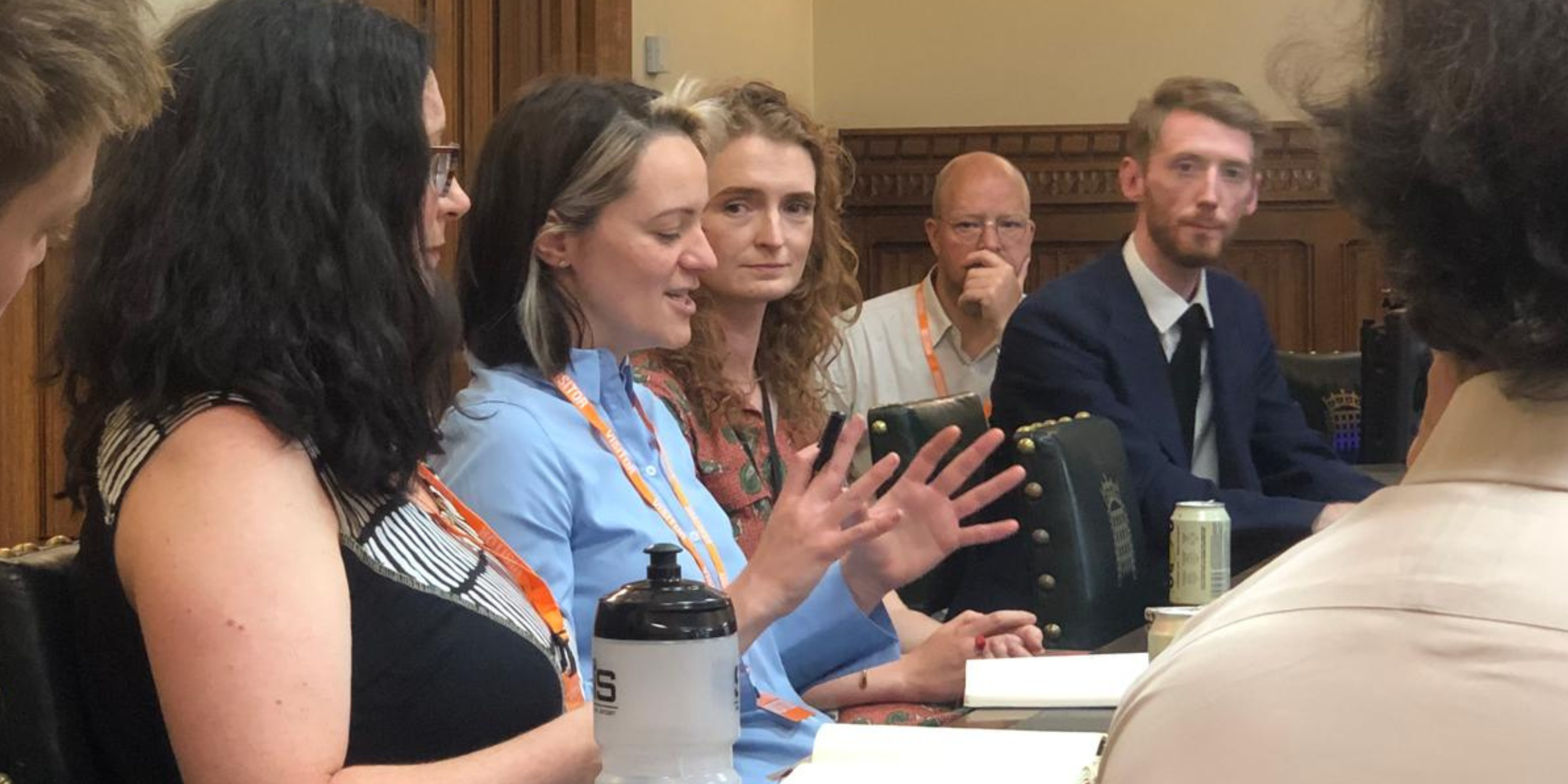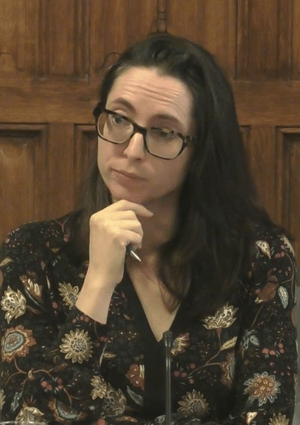Our approach
Our campaigns bring together:
- Research that documents and exposes the structural roots of injustice
- Policy influencing work with decision makers who have the power to change the system
- Strategic litigation to widen legal protections for migrants and disadvantaged workers and stop a damaging practice for good

Our approach to research
Good research can add huge value to policy and public debate. Whether it is by analysing national statistics to reveal systemic inequalities, giving voice to under-represented groups, or putting government policies into perspective.
Work Rights Centre researchers are committed to ensuring that our publications are:
- Robust. We use high-quality data sources and transparent methodologies, and welcome critical peer review.
- Grounded in lived experience. We involve charity beneficiaries in every way possible, and cover their stories with nuance and respect.
- Accessible. We write for everyone, from journalists and policy professionals, to regular members of the public with a real interest in migration and employment justice.
Latest research

No match: why funding rematching hubs for displaced migrant care workers is not enough to tackle exploitation
Following revelations that just 3.4% of exploited care workers got jobs via a government scheme, we find that the government’s expectations were at odds with the reality of the care sector and the difficulties faced by workers.
Read moreRead moreOur approach to policy influencing
Our policy team works with ministers, MPs, civil servants and people with the power to influence government to raise awareness of the issues affecting migrants and vulnerable workers, and take the steps to address them.
Policy influencing can be a slow-moving ship, but with good evidence, allies, and determination, systemic change is possible. Our policy team is committed to ensuring that our work is:
- Evidence-based. We formulate recommendations carefully, based on research and after extensive consultation.
- Independent. We do not support or endorse any political party or candidate. We brief politicians and communicate about political decisions that affect our beneficiaries, but we do not endorse any specific political party, candidate or agenda.
- Grounded in lived experience. We involve charity beneficiaries in every way possible, and cover their stories with nuance and respect.
- Collaborative. We know that the strongest campaigns are won in coalition, so we work closely with allies across the third sector.
Latest policy work

Experts warn Parliament that ‘earned’ settlement proposals are risky for all
Across 12 oral evidence sessions, leading experts from academia, industry, the legal sector and civil society told the Commons and Lords: "earned" settlement plans risk causing serious damage to our society and economy.
Read moreRead moreOur approach to strategic litigation
Strategic litigation can take many forms. In some cases, it is about challenging the legality of a government decision which affects thousands of people. In others, it is about making a powerful new legal argument that could set a precedent for future claims.
We adopt a collaborative approach in our strategic legal work, because no one ever wins alone.
Depending on each case, we may:
- Provide witness statements in claims brought by our allies, using our frontline evidence and expertise to strengthen their case.
- Support under-represented clients to bring cases in the employment and immigration tribunals, working with counsel to secure the best possible representation.
- Act as the primary claimant in ambitious judicial review claims, with the help of public lawyers and counsel specialised in public law.
Latest legal cases

How a migrant care worker won a rare legal victory for thousands in interim relief
Our client paid eye-watering illegal hiring fees to a recruiter in India to secure a job as a care worker in the UK, only to find no work or pay when he arrived.
Read moreRead more
Our allies
We regularly work with allies across the third sector, media, and universities. Some of the main forums we contribute to include:
- The Labour Exploitation Advisory Group (LEAG), comprising third sector organisations that work at the intersection of immigration and employment justice.
- The Seasonal Worker Interest Group, comprising organisations that support and advocate for the rights of migrant workers on the Seasonal Worker Visa.
- The Ethical Trading Initiative, a leading alliance of trade unions, NGOs and businesses, working together with key stakeholders to promote practical solutions to end human rights abuse at work.
- Employment Legal Advice Network, a forum convened by Trust for London for London-based organisations that provide employment legal advice.
- Immigration Law Practitioners Association, the professional association of immigration advisers.
Contact us to join forces
